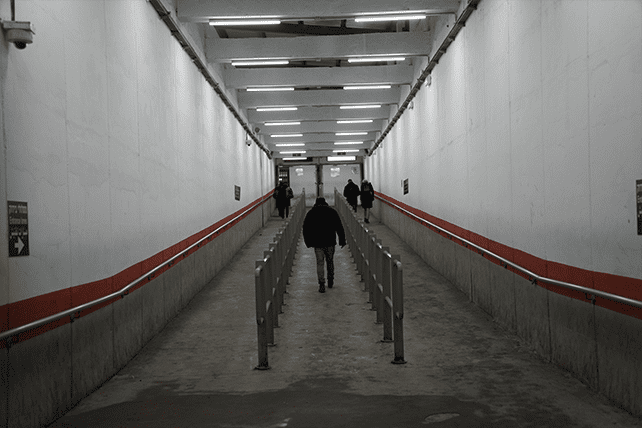The birthplace of Jesus Christ is only about five miles from Israel’s capital. But as the war between Israel and Hamas wages on, Bethlehem and Jerusalem are worlds apart.
While Jerusalem and Bethlehem are both the home of sacred sites for Christians, they stand on opposite sides of a restricted border, and travel to and from Bethlehem, which is governed by the Palestinian National Authority, has been kept to a minimum.
For Palestinian and Israeli Christians who have been seeking to foster community across national and ethnic lines, the war has hampered their efforts. But it has not stifled their hope.
One of those Christians, Palestinian Pastor Ziyad Bannoura, recently spoke to ChurchLeaders about his experiences before and during the war, sharing his hope for peace and unity.
For more than two decades, Bannoura has been serving as a minister in Bethlehem. For the past two years, he has led The Great Joy Ministry, whose purpose is “to restore the hope and joy in the hearts of people.”
While he has lived in Palestinian Bethlehem his whole life, Bannoura received his Master of Arts in Christian Ministry from Israel College of the Bible and has long striven to forge connections with Israeli Christians.
“I have many Jewish friends, especially believers,” Bannoura said. “Now, I cannot see them.”
On Oct. 7, 2023, when Hamas began the war by launching a terrorist attack against Israel, Bannoura was in America visiting family and raising support for his ministry. When he returned to Bethlehem in February, he discovered that “the situation is very awful for people here.”
“The city is under closure,” Bannoura said, adding that unemployment has risen sharply, as many residents of Bethlehem were previously employed in Jerusalem but have not been allowed to enter the city.

Those who work in Bethlehem have also experienced financial hardship, as the city’s economy is largely built around tourism—something that has not been a feature of life in Bethlehem for the past six months.
“Now, nobody’s coming and things are very bad,” Bannoura said. “Even with the people that used to have money, they don’t have money.” Bannoura said that some restrictions are beginning to loosen, but “it’s not enough.”

